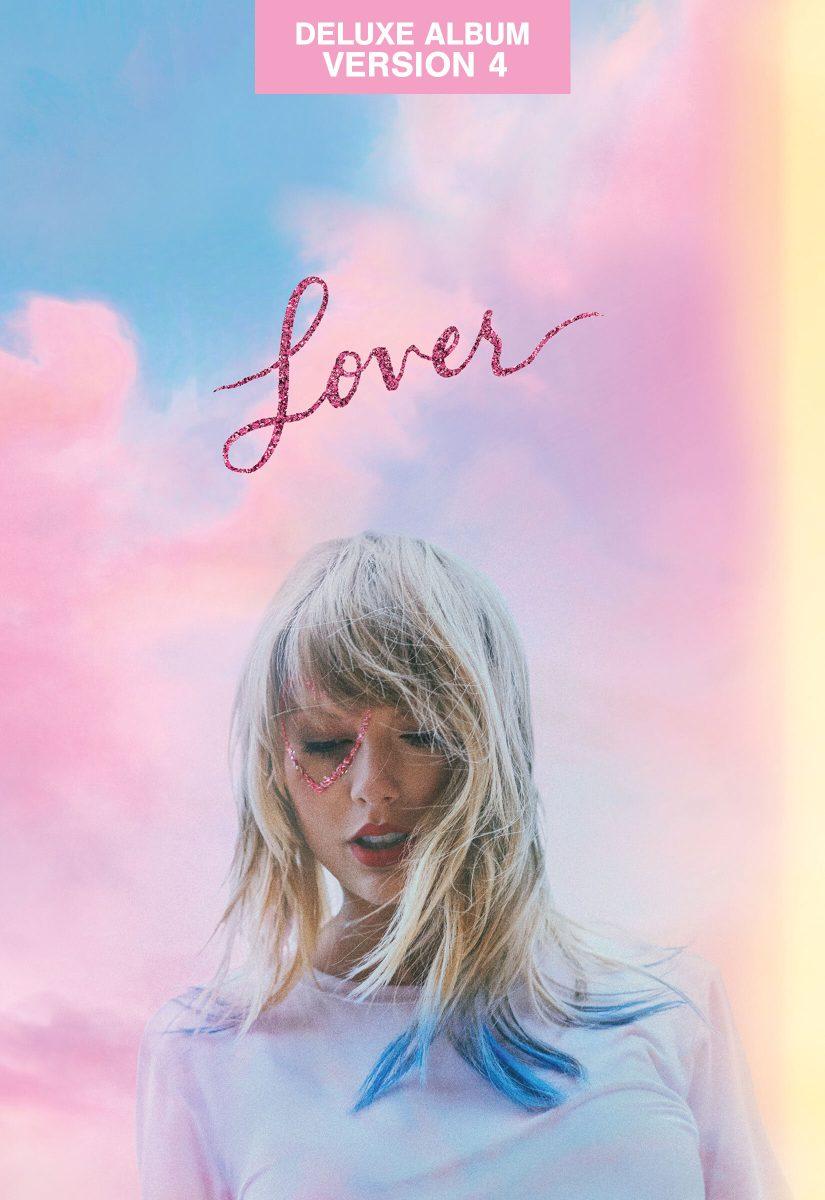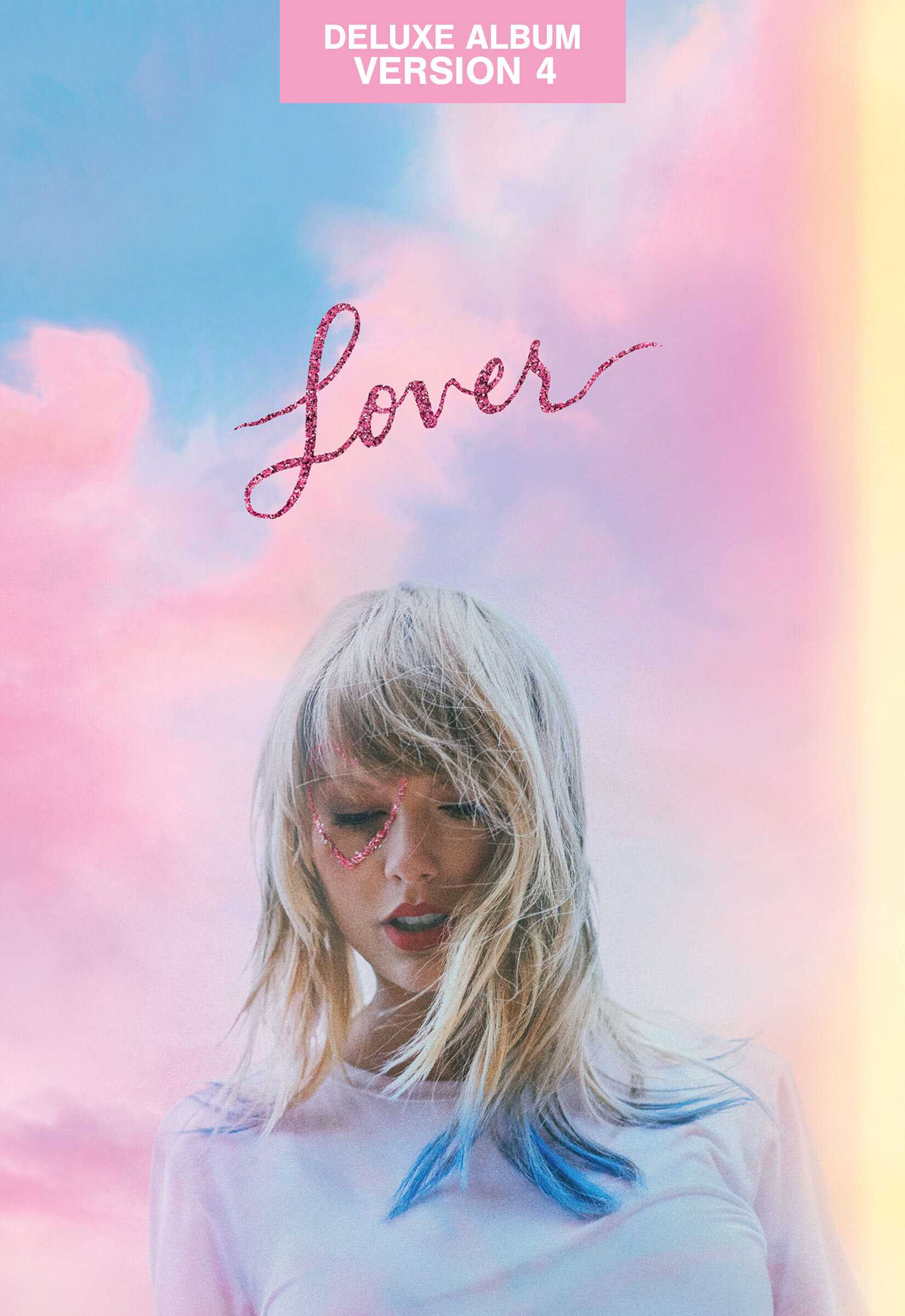As most days are, Friday, Jan. 31 was just another ordinary day for the lives of many–except for one global fan-base. Milestone Award-winner Taylor Swift (her fans, called “Swifties”) and director Lana Wilson’s “Miss Americana,” a documentary on Swift’s life, has premiered on Netflix, exactly thirteen months after Swift’s last documentary “Reputation Stadium Tour.” Thirteen is widely known as Swift’s lucky number, and, for many fans, there seems to be no coincidence that the release dates were thirteen months apart, with some noting that January 31 is, of course, 13 backward.
Lana Wilson, an Emmy-winning director, artistically crafted the documentary on Swift’s childhood upbringing and how it shaped her into the person she is now with “Miss Americana.” Ultimately, the documentary serves as a way to humanize the ever famous Pop star in Swift.
During an interview with Elle Magazine, in being asked why there were no other ‘talking heads’ in the documentary, Wilson responded, “I really wanted the film to be about Taylor’s inner life, so I felt it was important to tell this story primarily through her own voice . . . it’s about her personal journey and her finding her voice, so I wanted to express that in the style of the film.”
Swift shows a vulnerable side by opening up about having an eating disorder, as well as her decision to publicly announce who she planned on supporting during the 2018 midterms and how she struggled with always wanting to be the “good girl.” A girl who, from an early age, began to crave constant validation from strangers. Swift states in the documentary that her motivation growing up was to, “do the right thing; do the good thing,” which may seem admirable, but rather quickly became punishing for Swift when the number of eyes watching her grew alongside everyone’s opinion of right and wrong.
The film also contains humorous insights on her life, making the viewer feel as if they could be friends. For example, Swift reveals that she had never tried a burrito until her mid-twenties, drinks white wine with ice cubes and feeds her cat treats right on the kitchen table, making not only herself seem more human, but even her cat, too.
“Miss Americana” shows what Swift is like behind all the makeup, songs, and fame; it portrays an artist reckoning with what she is capable of and what society will accept from her. Swift, herself, says in the documentary, “As I’m reaching thirty, I’m like, ‘I want to work really hard’ while society is still tolerating me being successful.”
Deciding whether or not to publicly endorse a politician was even more difficult for Swift, as she grappled with the feeling that no one wanted to hear what a twenty-something-year-old had to say about politics and instead only wanted to hear breakup songs, because that was something she was known for. Namely, the fear of what had happened to the Dixie Chicks once they spoke out against the Iraq War in 2003 was looming over Swift’s conscience.
But, in the end, after an intimate argument with her father, Swift decided that she needed “to be on the right side of history,” she said, enacting the sentiment by creating an Instagram post that encouraged people to register to vote, adding in her lengthy caption, “(Blackburn’s) recording of Congress appalls and terrifies me.” While Blackburn ended up winning the election, the audience witnessed Swift’s utter sadness and disappointment. Altogether, Swift did not receive much backlash from the post; if anything, it seemed like people thought she grew a backbone.
Toward the end of the documentary, the audience witnesses Swift create a new political anthem, “Only the Young,” that serves as a track to the documentary. Swift sings, “you go to class, scared wondering where the best hiding spot would be . . . they aren’t gonna help us; too busy helping themselves; they aren’t gonna change this; we gotta do it ourselves.”
In a surefire way, the documentary has strengthened the bond Swift has created between her and fans around the world. Yet, perhaps just as importantly for Swift, she has opened the eyes of people who would not consider themselves fans, but newly respect her craft.




































